Tawanda Majoni
Picture any day, anytime, when a truckload of uniformed soldiers crawls into a busy shopping centre.
Public reaction is predictable. People scatter in every direction. They peep at the truck from the alleys. They speak in hushed tones, asking why the soldiers have paid them such an ominous visit.
Fear. That’s why. Ordinary citizens have become so much afraid of soldiers. That’s as disturbing as it is alarming. Under normal circumstances, people must feel secure, comfortable and confident in the presence of the gunners. These are the people who are supposed to be in charge of our security as a nation and as citizens, after all. Yet, as you will agree, soldiers now spook the boots off quaking citizens. Ordinary people no longer trust strangers in army fatigue.
It’s easy to understand why. Since the turn of the millennium, soldiers—together, of course, with other security agents like plain clothes spooks—have become a symbol of brutality, beating people up for any or any reason. In the morning, mid-morning, afternoon, at dusk and at night.
But they do a whole lot of other nasty things, now. Take the example of the Marange diamond fields. You all know that they deployed soldiers to that area when diamonds were “discovered” in Marange close to one and a half decades ago. That was when thousands of hungry Zimbabweans descended on the fields to dig for diamonds.
The soldiers came with guns, sjamboks and dogs to flush out the makorokoza. Tales are told of how dogs mauled the bowels off the illegal diamond miners, how some were buried alive and how others were shot dead by the soldiers. That’s what the people who went to Marange said. But, of course, the government and army deny that.
Calm finally came. But Marange has been turned into a cantonment. Soldiers have become a common feature of the landscape there. We don’t hear too much of army intransigencies in Marange these days but timid villagers, once in a while, open up on the horrors they encounter at the diamond fields.
Like, if you randomly talk to the female vendors in that area, they will tell you of how they are subjected to sexual molestation, extortion and other forms of harassment on a daily basis. The women say the soldiers make advances to them and when the latter are rejected, that’s the beginning of hell for the fairer sex. They accuse the soldiers of teaming up with the local police to make sporadic raids on informal traders, confiscating their goods if they are not demanding sexual favours.
And the whole thing goes on and on with such crass impunity you would think Marange is a mild version of Cabo Delgado or Sebha in Libya.
It’s not in Marange only that citizens complain of harassment and torment by soldiers. You frequently get reports of gun-toting junior soldiers moving around and beating up villagers on flimsy grounds. They settle old scores with their perceived enemies in uniform. They demand goods from shops at gunpoint, so we hear. Some reportedly force bars to close if they don’t get free beer. They team up to assault a perceived offender, and some of the assaults have ended in death. How often do you hear of a rogue soldier spraying people with AK47 bullets at a rural growth point?
At the height of political disturbances, soldiers have raided communities to flush out alleged offenders. Naturally, innocent people have been caught in crossfire. Ideally, of course, you would not want soldiers to be carrying out the ordinary duty of law enforcers. It sends a wrong signal. It reduces citizens into a mound of fear.
Then you have the current trend whereby soldiers are raiding armouries and committing robberies, sometimes murderously so.
It’s not too difficult to understand why these mostly junior soldiers are behaving with such impunity and crassness. Clearly, what they are doing is against the law. In the old days, we knew that once the military police got wind of the soldiers’ wayward behaviour, they would come whooshing like Javelin missiles.
These days, you don’t get to see the red-beret soldiers too often. It’s either the people no longer bother to report the soldiers to the military police, or the military police has just lost the interest and energy, or both. But then, even if people don’t see the value of reporting to the red berets, that doesn’t mean the red berets must not do their job.
But the buck must stop with the army bosses. It doesn’t look like they are monitoring the junior soldiers well, well. How do you explain a situation whereby a rogue soldier is found with several guns in the roof of his cantonment lodgings? How on earth would he have managed to lay his hands on an assortment of weapons without detection? Have the armouries become so porous?
Or maybe there is systematic connivance between the junior soldiers and their seniors. To the extent that the seniors look away, fold their hands and whisper as the juniors are stocking away the AKs, grenades and what not.
But then, even if that’s the case, the big chefs must take the knock because it is their duty to ensure that there is discipline among the gunners at every level.
Talk about supervision. Are the junior soldiers properly monitored by their superiors? Do senior-rank officer make OB visits to areas where soldiers are deployed? If they do, how come we still hear of those intransigencies by the lance corporals, corporals, sergeants and, sometimes, lieutenants?
One guesses there is need to reconsider how soldiers are managed by the politicians, because that seems to be another area where the problem of rebelliousness comes from. Soldiers must not be used to settle political scores. If that happens, they then tend to conflate politics and their mandate as soldiers. Granted, there are times when political instability poses a national security threat. But it must be ensured that the rank and file—just like the senior ranks—are not used as pawns in political fights.
When that happens, they tend to hide behind politics to commit crimes as we have often heard. It gives them a sense of protection and entitlement, to the extent that they will end up abusing their uniforms, guns and the name of the army.
We know that one of the blights of the war of liberation against colonial rule was that—particularly in the case of Zanla—they trained political soldiers, rather than strait jacket soldiers. That may have been inevitable in a way considering that people had to be brainwashed with mostly communist-socialist ideology and propaganda for them to adequately buy into the war.
The problem is that, that has come with a burdening legacy. Most of the current leadership in the army are political soldiers who participated in the anti-apartheid war. They were socialised into politics as young guerrillas. That psyche is still there, and this may explain why current politics and military duty are sometimes conflated. But there is need to depoliticise military thinking and operations.
The implications of an intransigent rank and file in the army are sorry and gory. Once junior soldiers become accustomed to a life of rebellion and impunity, there is a big hazard of mutiny. And who wants mutiny?
It would be good to set up a commission of inquiry into the intransigencies of the junior soldiers before the problem gets out of hand. This commission can include the legislature, the Defence Forces Service Commission, the Defence ministry, military experts and even the OPC, to establish what really is going wrong and what must be done, going forward. But the army leadership must initiate the inquiry.
Tawanda Majoni is the national coordinator at Information for Development Trust (IDT) and can be contacted on majonitt@gmail.com







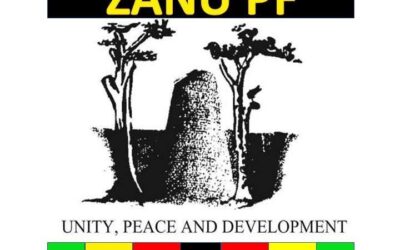
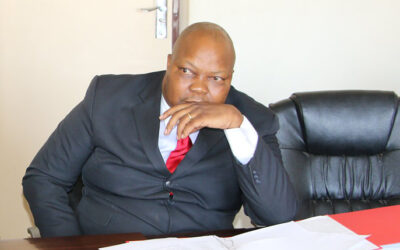
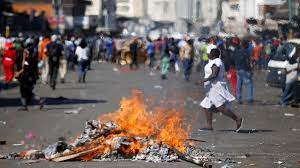
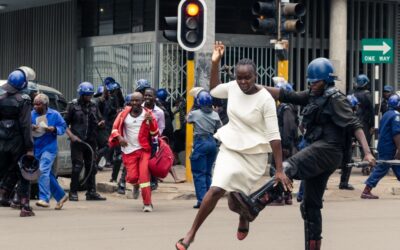
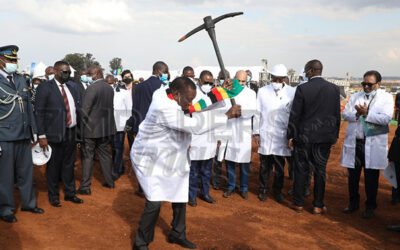


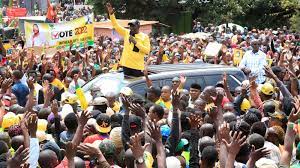


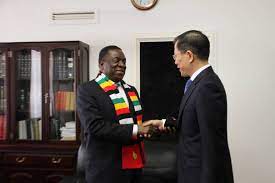
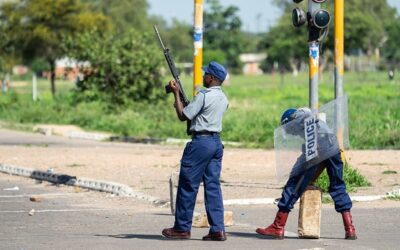
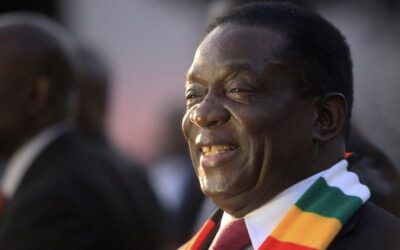
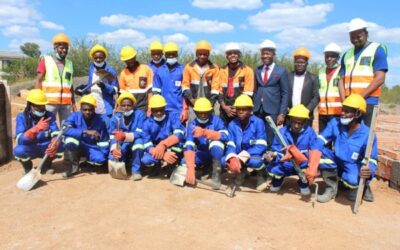


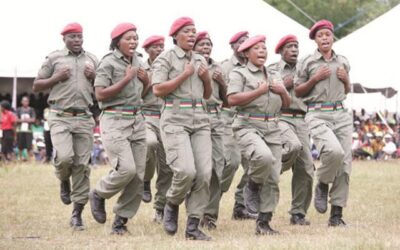


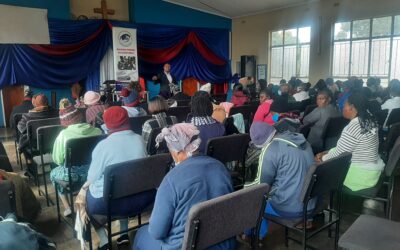












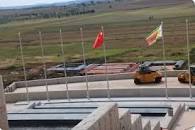

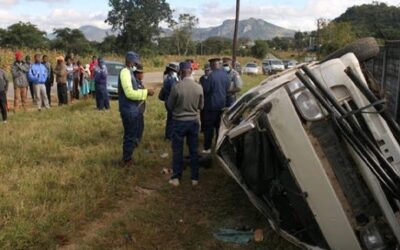


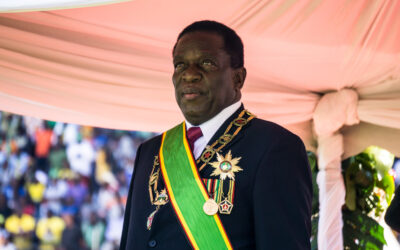






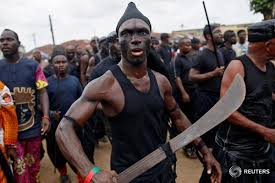



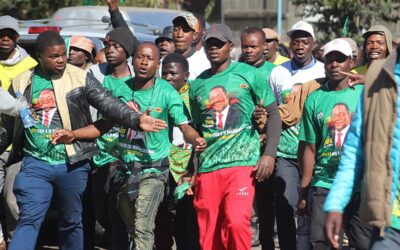

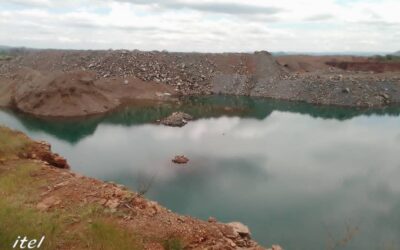
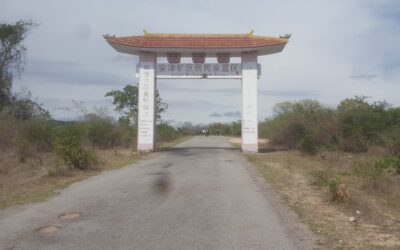
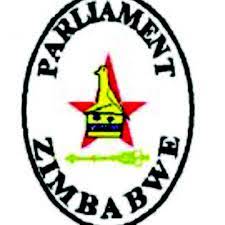
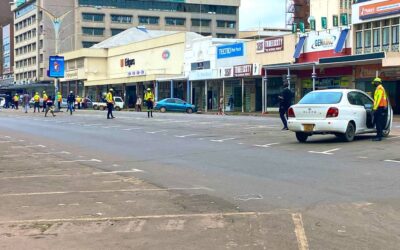



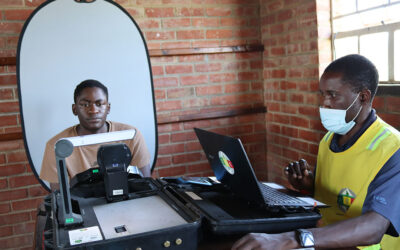





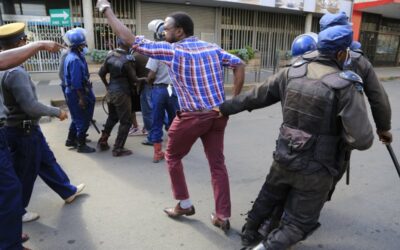

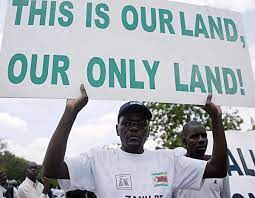

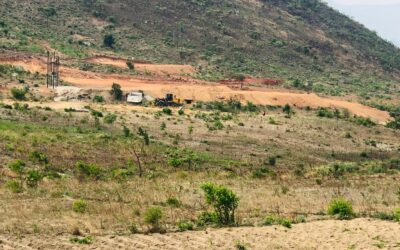
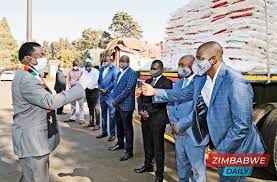


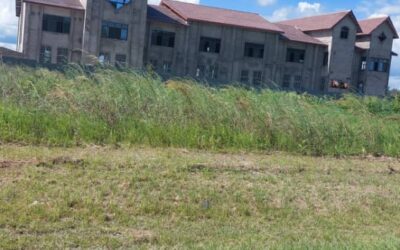
















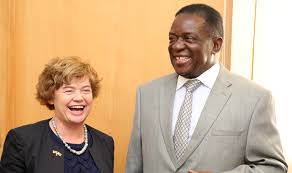
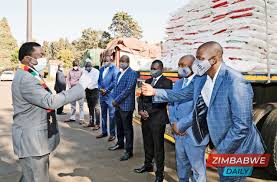




0 Comments